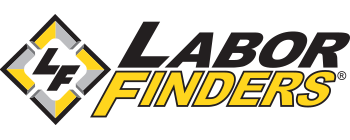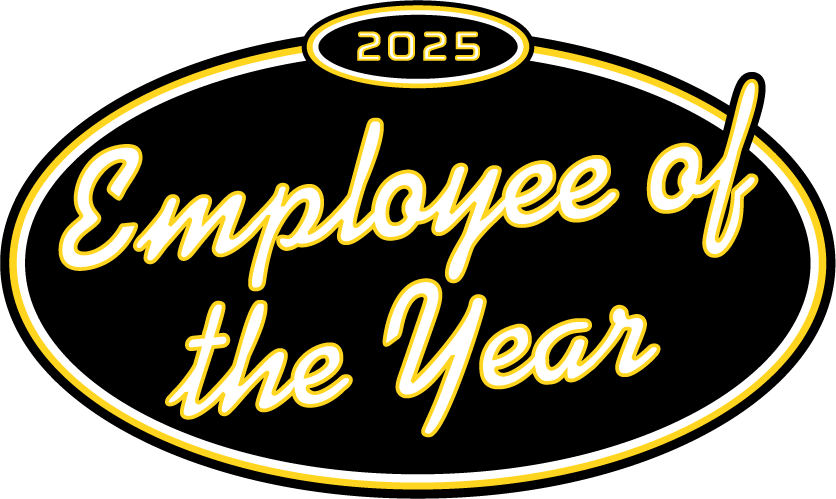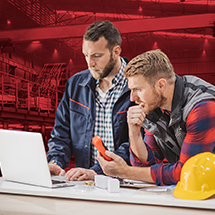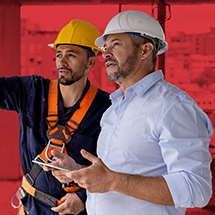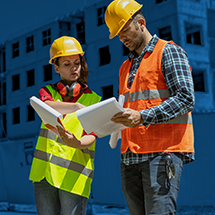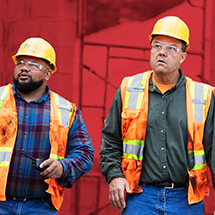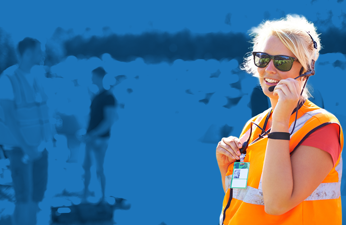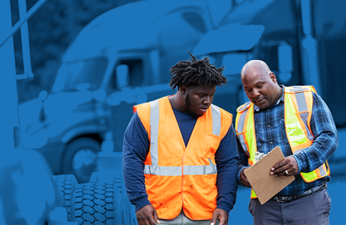-
Job Seekers
X
Job Seekers
Whether you're looking for a temp job or a permanent career, Labor Finders has you covered!
-
Explore
- How it works
- Industries
- Blog
- Locations
- Job Search
You May Also Be Interested In

2025 Employee of the Year
Learn more about our amazing Employee of the Year
-
-
Employers
X
Employers
Let us help you find the workers you need, when you need them.
You May Also Be Interested In
-
Industries
X
Employer Industries
Ready to staff your next project? Our staffing experts has the knowledge and the workers to cater to your unique staffing needs.
In this Section:
Job Seeker Industries
From construction to waste management, we have job openings in whatever industry you’re interested in.
In this Section:
-
About
X
About You
Getting matched to the right job, gaining the flexibility you want, making an impact in your community - at Labor Finders, it’s all about you!
-
You may also be interested in
- About Us
- Job Search Results
- Find an Office
- How it works
- Blog
About Us
With almost 200 offices nationwide, we’ve been putting people back to work for over 40 years. See why we’re a leader in the blue-collar staffing industry.
-
You may also be interested in
- About Us
- Media Center
- Video Library
- Leadership Team
- Careers
- In The Community
- History
-
- Location
Safety
Make Your Next Welding Job a Safe One With These Tips
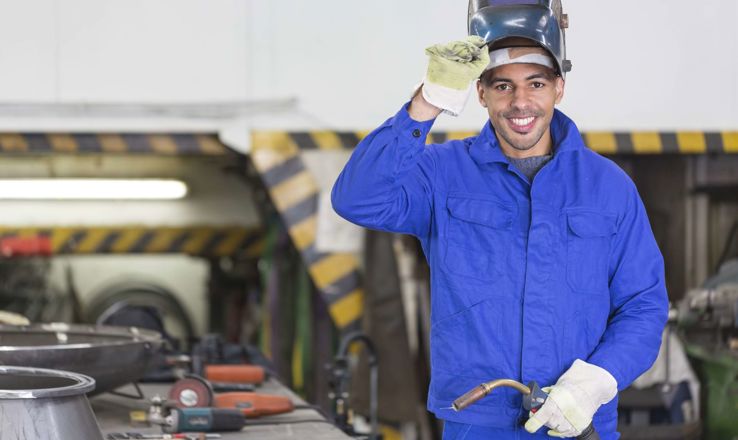
As a day laborer, safety should always be a priority. In the case of welding, workers need to protect themselves from common hazards such as burns, eye injuries, electrical shock and exposure to dangerous fumes. To make sure your next welding job is a safe one, here are three very important things you need to do.
Wear the Right Protective Gear
To protect your body from harm on a welding job, make sure you’re wearing the right protective clothing and gear at all times. Helmets, goggles and shields protect your face from heat, ultraviolet radiation and flying particles. Make sure they fit correctly and follow the American National Standard for Occupational and Educational Personal Eye and Face Protection Devices. This same standard also calls for wearing flame-resistant gloves and gauntlet cuffs to protect your arms. As for the rest of your clothing, it should cover all parts of your body, be made of material that won’t melt and are insulated to guard against high radiant energy. It’s also a good idea to wear flame-resistant aprons for additional protection.
Reduce Your Exposure to Welding Fumes
Fumes and gasses released from hot metal can be very dangerous on a welding job. That’s why it’s important to make sure all welding surfaces are free of materials like solvent and paint that can cause toxic fumes when heated. Standing upwind while welding helps as well because you’re not directly breathing in the dangerous fumes. Another precaution is properly ventilating your work area even if it is outside. Testing the air quality of a workspace before starting your welding work is also important to do, especially if it’s a confined area. You can also wear half mask or full face respirators while you work.
Ground the Electrical Equipment Used on the Welding Job
Grounding electrical equipment like welding generators you're using on a welding job ensures that there’s no buildup of voltage that can cause serious harm if allowed to pass through your body. The earth forms a barrier where an electrical current can’t flow freely from the machine into your body or any other electrical conducting material. So how do you do you keep your equipment grounded? Make sure the generator is firmly attached to the ground using a driven rod. Also, be sure to follow the manufacturers’ instructions when it comes to grounding this type of equipment.
At Labor Finders we live by the motto “Safety, Respect and Appreciation”. To find your next job opportunity, click here to find your local office.

